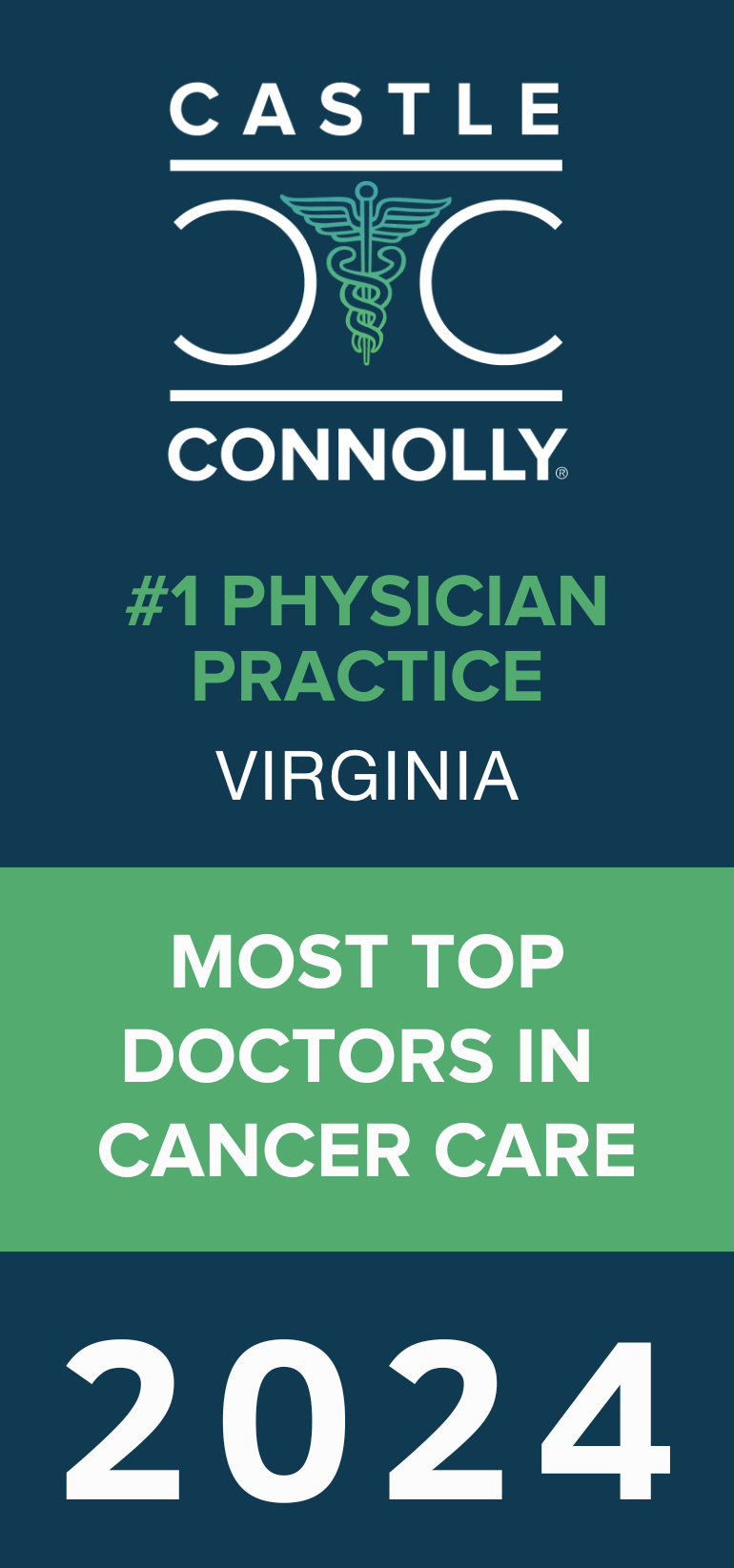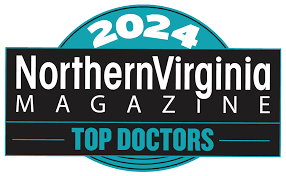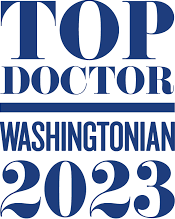Nutrition and cancer are both popular topics to study, as well as to cover in the media. Put them together and you get a steady stream of research headlines, findings, and recommendations coming at you over the course of days, weeks, months, and years. With this volume of information, it can be difficult to figure out what to take seriously, what impacts you, what to change in your life, and what to tune out.
Here’s a summary of research-based articles that have come across my desk in the past week and my take on the science and implications for the average individual.
The Headline: Study Hints That Early Morning Exercise May Reduce Cancer Risk
The Source: Medical News Today and International Journal of Cancer
The Claim: Those exercising between 8-10am showed the greatest reductions in risk of developing breast and prostate cancer.
RD Perspective: Medical News Today and the International Journal of Cancer are science-based sources of information. However, this particular study has several limitations, a wide range of findings, and speculates about the mechanisms that may be behind a potentially reduced risk in these cancers with early morning exercise. We know that physical activity is protective against cancer—whenever individuals can consistently exercise, it’s beneficial and recommended.
The Headline: These Foods and Medications May Lower Bowel Cancer Risk
The Source: Healthline and Gut
The Claim: High consumption of red meat and alcohol increases risk of colorectal cancer; fruits, vegetables, soy, and dairy products are associated with decreased risk; foods rich in magnesium, folate, and fiber are associated with a decreased risk.
RD Perspective: This is a review study—the researchers aggregated data from other sources. In these cases, it is often difficult to standardize across various study populations and findings and makes it problematic to generalize. That said, these findings and recommendations are consistent with authoritative bodies such as the American Institute for Cancer Research and the Dietary Guidelines for Americans and, for that reason, should be taken seriously—individuals should strive to build a healthy dietary pattern that is high in fruits and vegetables; includes low-fat dairy and soy; and is low in red meat and alcohol.
The Headline: Weight Loss Surgery May Cut Pancreatic Cancer Risk In People With Diabetes
The Source: HealthDay News and United European Gastroenterology virtual meeting
The Claim: Based on 20 years of data, researchers found that individuals who had weight loss surgery were less likely to develop pancreatic cancer compared to those who did not have surgery.
RD Perspective: Obesity and diabetes are established risk factors for developing pancreatic cancer. If bariatric surgery eliminates one or both of these conditions, it stands to reason that risk will be reduced. However, the research has not yet been published in a peer-reviewed scientific journal. Further, the study population is very targeted. If you are not obese and/or do not have diabetes, these findings may not be applicable to you, but it is a good practice from an overall health and wellbeing perspective to manage weight and blood sugars.
Bottom Line
- Always consider the source of the scientific finding—is it a credible institution?
- Then, use your common sense—does the coverage seem balanced and do the findings seem reasonable?
- Ultimately, no one finding will be the “be-all-end-all” in the pursuit of the best scientific recommendations. Rather, findings build upon each other until clear consensus or strong evidence pointing in the same direction is seen.










